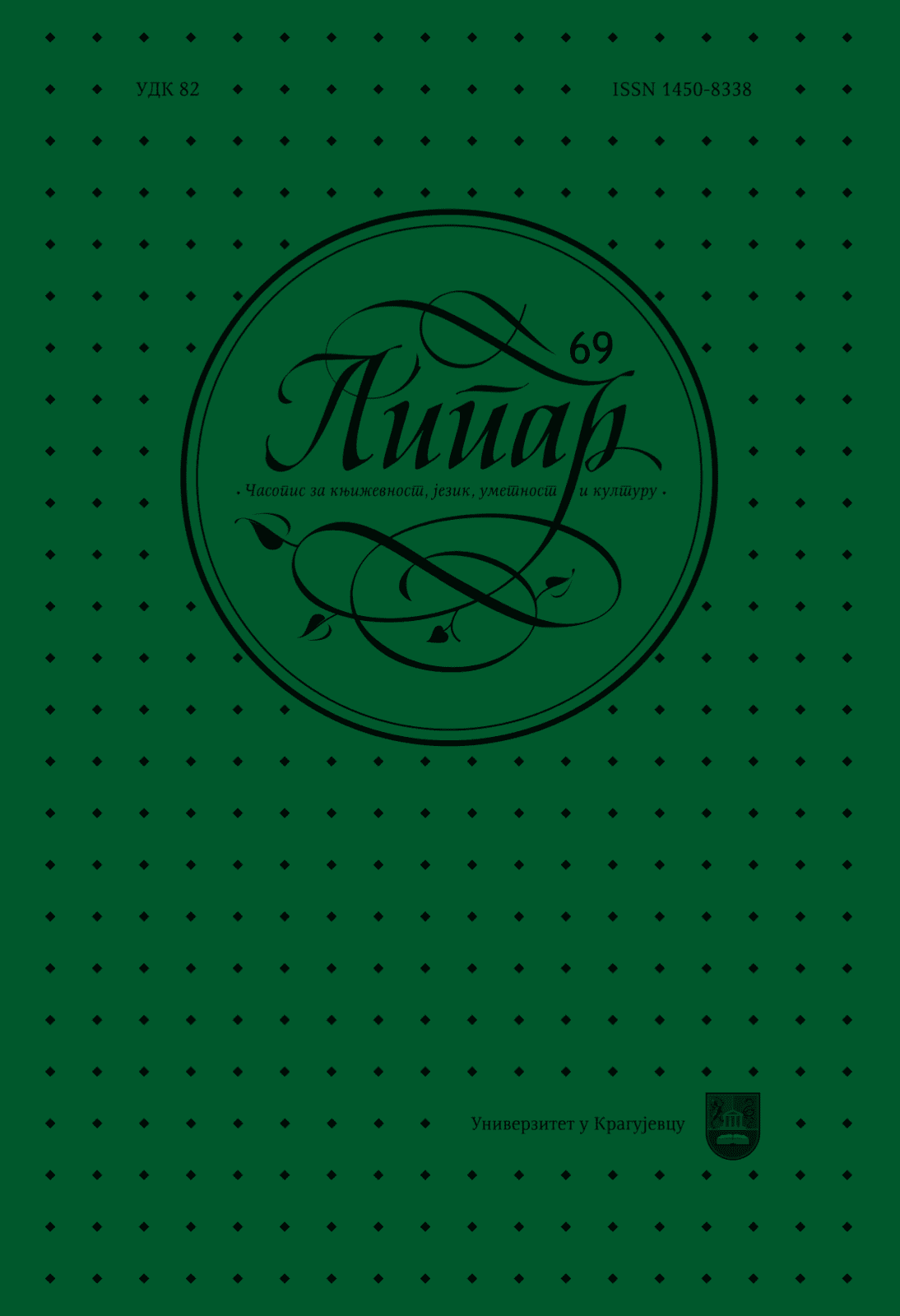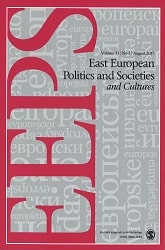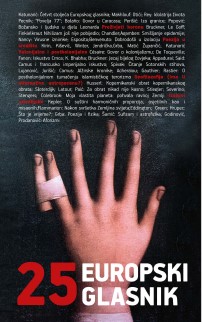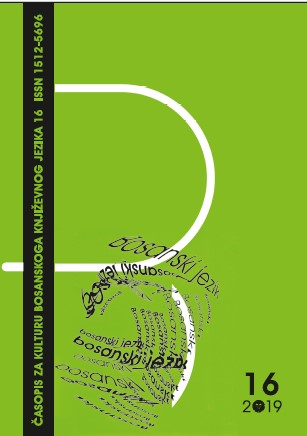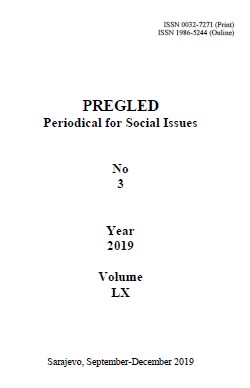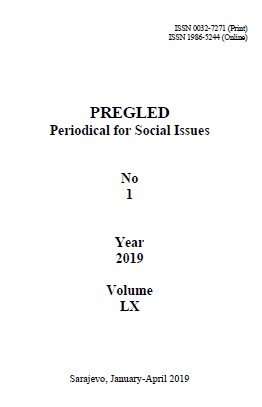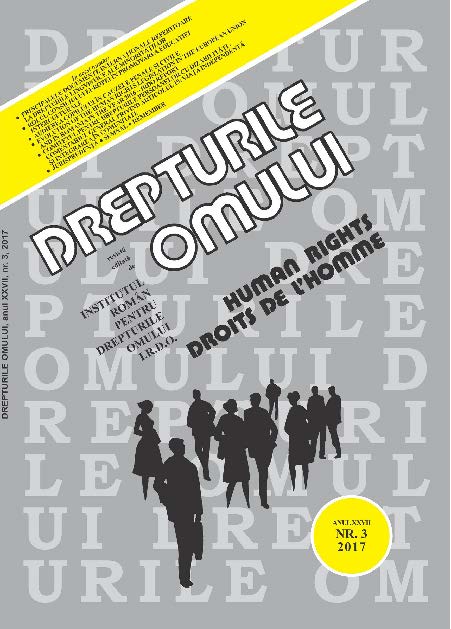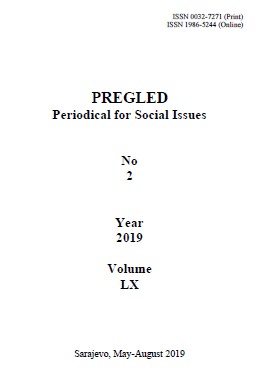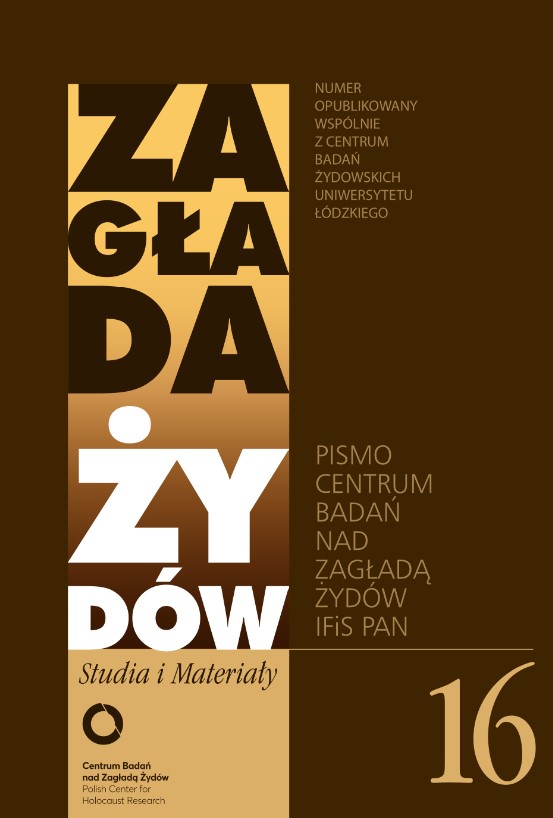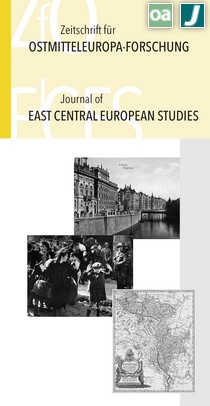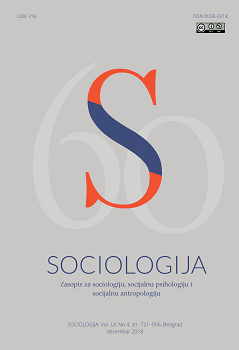
Geoepistemologija „opasne individue“: prostori zatvaranjâ kao dispozitivi
The main hypothesis of this paper is that spaces of incarceration are dispositives of the historical and social appearance of the “dangerous individual“. We assume that spaces of incarceration historically precede the appearance of medicalization and other social technologies of power/knowledge. These spaces testify of spatialization as the first modern social classification. This is the essay in geoepistemology in which space is a dispositive for articulation of the technologies and practices of power/knowledge through medicalization, pathologization, psychiatrization, criminalization, hospitalization or sexualization of the “dangerous individual”. Geoepistemology as the analytics of space, relies heavily on the works of Michel Foucault, from whom came the impulse towards the research of the spaces for incarceration of Others – “dangerous individuals”. Along with the interpretations of Foucault’s heterotopias, we consider Gofman’s notion of total institutions as the complementary concept. We conclude that spaces of incarceration were not just physical conditions, barriers or the background scenery, but the key dispositives for the genesis and development of the social technologies of power/knowledge – in the first instance medical and corrective.
More...
